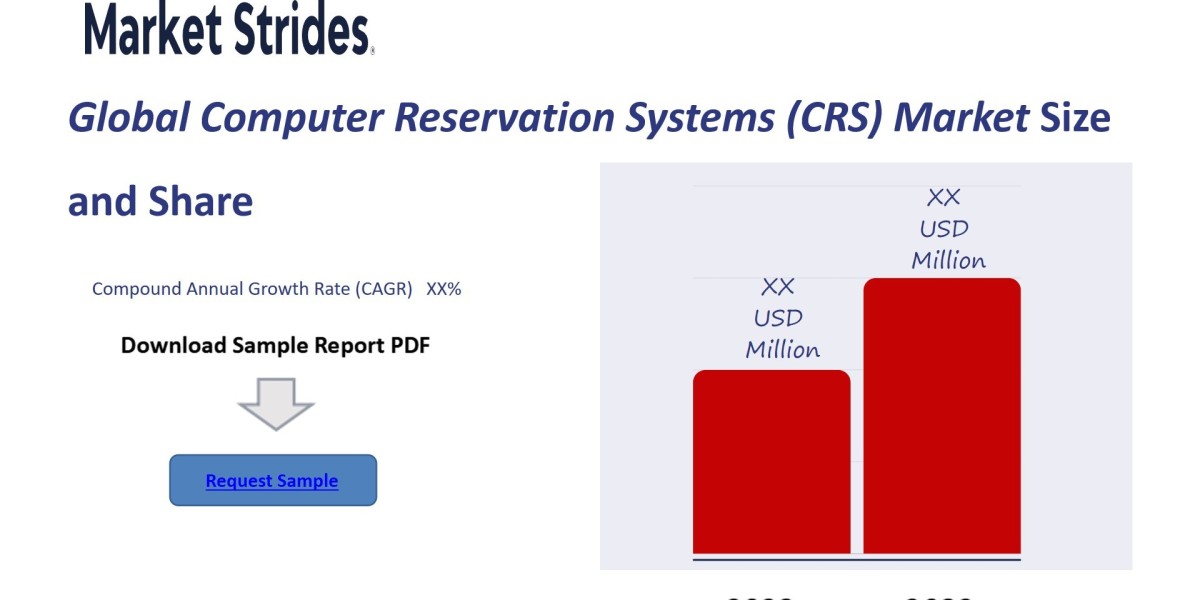Bullying is a growing concern that can have long-lasting effects on a child’s mental and emotional well-being. As parents, it is crucial to understand the profound impact bullying can have on your child’s mental health. While the outward signs of bullying may not always be visible, its effects can be far-reaching, influencing a child’s emotional state, academic performance, social interactions, and mental health in the long term. Recognizing these signs early and seeking appropriate intervention is vital in helping children recover from the trauma of bullying.
- Emotional and Psychological Trauma
One of the most significant and lasting impacts of bullying on children is emotional and psychological trauma. Children who experience bullying often carry the emotional scars long after the bullying has ended. Bullying can lead to feelings of sadness, helplessness, and anxiety. Over time, this emotional pain can develop into a more severe form of trauma, leaving the child feeling disconnected from others and unable to trust those around them. The deep emotional distress caused by bullying can affect a child’s self-worth and self-confidence, leading them to feel inadequate and unworthy.
- Persistent sadness and anxiety
- Loss of trust in others
- Difficulty forming healthy relationships
- Impact on Academic Performance
The emotional toll bullying takes on a child’s mental health also affects their academic performance. Children who are bullied may find it difficult to concentrate on schoolwork, which results in declining grades and a lack of interest in learning. The fear of encountering their bullies or the anxiety associated with being bullied can prevent children from focusing during class or completing assignments. This disruption in their academic life can lead to a cycle of poor performance and diminished self-esteem.
- Decreased focus and concentration in school
- Fear and avoidance of school activities
- Declining grades and academic performance
- Development of Mental Health Disorders
Bullying significantly increases the risk of developing mental health disorders in children. Research shows that children who are bullied are more likely to suffer from conditions such as depression, anxiety, and post-traumatic stress disorder (PTSD). The long-term effects of bullying can create a foundation for these conditions, which may continue to affect the child well into adulthood. For example, a child who is repeatedly bullied may start to develop depression as they begin to internalize negative messages and feel hopeless. Anxiety disorders can also arise as the child constantly worries about the possibility of further bullying.
- Higher likelihood of depression and anxiety
- Increased risk of PTSD
- Potential development of eating disorders or self-harm tendencies
- Low Self-Esteem and Self-Worth
Bullying often targets a child’s sense of identity, which can lead to long-term struggles with self-esteem. Children who are bullied may begin to internalize the negative messages from their bullies, believing they are unworthy of respect or kindness. This diminished self-worth can affect how a child views themselves and how they interact with others. Low self-esteem can also result in difficulty coping with life’s challenges and a reluctance to pursue opportunities for personal growth.
- Internalizing negative messages
- Struggles with self-worth and confidence
- Reduced ability to handle challenges
- Behavioral Issues and Social Withdrawal
Bullying can lead to significant changes in a child’s behavior. Some children may become more aggressive or withdrawn, as they struggle to cope with the emotional impact of being bullied. Aggressive behavior may arise as a defense mechanism or as an attempt to gain control over their situation. Conversely, other children may retreat into themselves, avoiding social interactions out of fear of being further victimized. These behavioral changes can make it difficult for children to interact with their peers and form healthy, meaningful relationships.
- Increased aggression or passivity
- Avoidance of social interactions and school activities
- Difficulty forming friendships and peer relationships
- Physical Health Consequences
The stress associated with bullying doesn’t just affect a child’s mental state; it can also have physical consequences. Chronic stress due to bullying can manifest in physical symptoms such as headaches, stomachaches, and sleep disturbances. The body’s response to prolonged emotional stress can weaken the immune system, making children more vulnerable to illnesses. In some cases, physical symptoms may become so severe that they interfere with the child’s daily activities, further isolating them from their peers and school life.
- Headaches and stomach problems
- Sleep disturbances and fatigue
- Weakened immune system and increased susceptibility to illness
- Impact on Future Relationships and Trust
The emotional wounds inflicted by bullying can have long-term effects on a child’s ability to form healthy relationships in the future. Children who have been bullied often struggle with trust issues, as they have learned to expect harm from others. These issues can extend into adulthood, affecting their ability to form romantic relationships, friendships, or professional connections. The fear of being hurt again may cause these children to shut themselves off from others, leading to feelings of isolation and loneliness. Seeking support from a Therapist NJ can help children work through these trust issues and build healthier relationships moving forward.
- Fear of intimacy and vulnerability
- Difficulty forming trusting relationships
- Challenges in building friendships or romantic partnerships
- Increased Risk of Suicidal Thoughts
In severe cases, bullying can lead to suicidal thoughts or behaviors. The persistent emotional pain and feelings of hopelessness can push children to believe that ending their life is the only escape from their torment. Children who are bullied often feel that they are trapped with no way out, and the lack of support can exacerbate these feelings. It is crucial for parents and caregivers to recognize the signs of suicidal ideation and take immediate action to provide the necessary support. Seeking help from a Child Psychologist NJ can be an essential step in providing the support and guidance needed to help children cope with these overwhelming emotions.
- Persistent feelings of hopelessness
- Thoughts of self-harm or suicide
- A sense of isolation and despair
- The Path to Resilience and Recovery
While bullying can have devastating effects on a child’s mental health, it is important to remember that recovery is possible. Children who are supported by their parents, educators, and mental health professionals can learn to overcome the trauma caused by bullying. Counseling, therapy, and open communication with trusted adults can help children rebuild their self-esteem, develop coping mechanisms, and regain their confidence. Teaching children resilience and emotional intelligence can also empower them to face challenges in a healthy and constructive way.
- Professional support through therapy and counseling
- Encouragement of emotional intelligence and problem-solving skills
- Open communication and fostering a supportive environment
Conclusion
Bullying is a serious issue that can have long-lasting effects on a child’s mental health and overall well-being. Its impact extends beyond childhood and can influence a child’s academic performance, behavior, and ability to form healthy relationships in the future. Understanding the emotional and psychological consequences of bullying is the first step in helping children heal from its effects. Parents, educators, and caregivers must take a proactive role in identifying signs of bullying and providing the necessary support to help children recover.
Beyond Physical Pain: How Chronic Pain Impacts Mental Health—and What You Can Do About It highlights how emotional pain, like that caused by bullying, can be just as debilitating as physical pain, often leading to mental health issues such as depression and anxiety. Addressing both the emotional and physical aspects of pain is crucial in helping children move forward.
If your child is struggling with the effects of bullying, seeking professional help from a Child Psychologist NJ can make all the difference in their recovery. With the right support, children can heal from the trauma of bullying and move forward with resilience and confidence.








